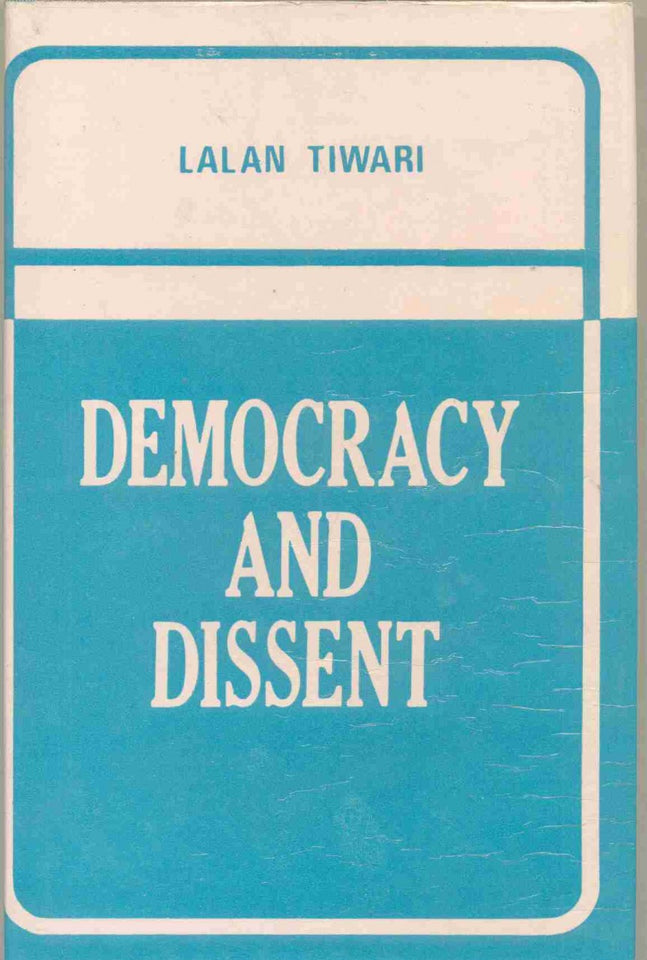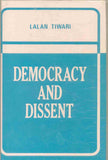Democracy and Dissent
Regular price
Rs. 160.00
As the author says at the outest, the basic purpose of the study embodied in this volume is to measure the extent and impact of the movement in Bihar during 1974-75 which was known as the J.P. Movement. It attempts to analyse and understand the long term implications of the tumultuous events of that fateful period for the Indian Political System in particular and for the system of representative government and Government-citizen relationship in general. One of the questions that has been taken up for detailed analysis is related to the factors, both long term and immediate, which ignited the situation leading to that historic movement. History is replete with examples of political disobedience in all forms of society and at all times. There have always been people who have questioned the legitimacy or authority of their political rulers. There are instances when a large number of people demand better facilities and redressal of their grievances from their political rulers and they have been drawn or forced into opposition to the rulers when they paid no heed to the demands or failed to function satisfactorily in solving the problems. The main objectives have been listed by the author as (1) Whether the movement was caused by some systemic deficiency in the polity: (2) Whether lack of a viable party system had anything to do with it: and (3) Whether ‘outdoor’ political activity is still more respectable and effective from of a political activeness than the ‘indoor’ political activity. It is undoubtedly a scholarly exposition which explains and examines some concepts like the nature of political disobedience, the theories of political disobedience, the purpose of political disobedience, the forms of political disobedience and the justification of political disobedience. It is essential because in such a theoretical framework the study will be more scientific, more meaningful, highly realistic and most authentic. An endeavour has been made to provide a theoretical framework of democracy and the right to dissent.
Lalan Tiwari (b. 1957) B.A. (Hons.) M.A., Ph.D. had a brilliant academic career, currently he is serving as Lecturer in the Post-Graduate Centre of Political Science. Gaya College, Gaya. He stood first class first in M.A. Examination. He is an active member of Indian Political Science Association. He has authored a number of thought-provoking articles which were published in the Indian Journal of Political Association. His subject of specialisation is Constitutional Law.
Guaranteed Safe Checkout





